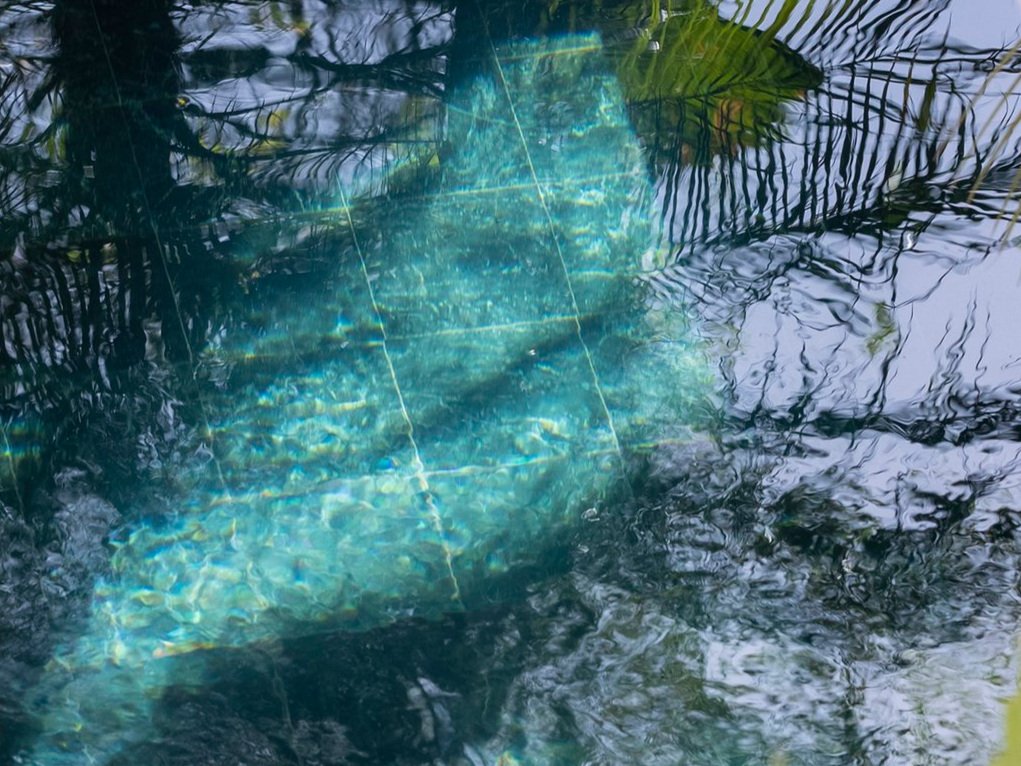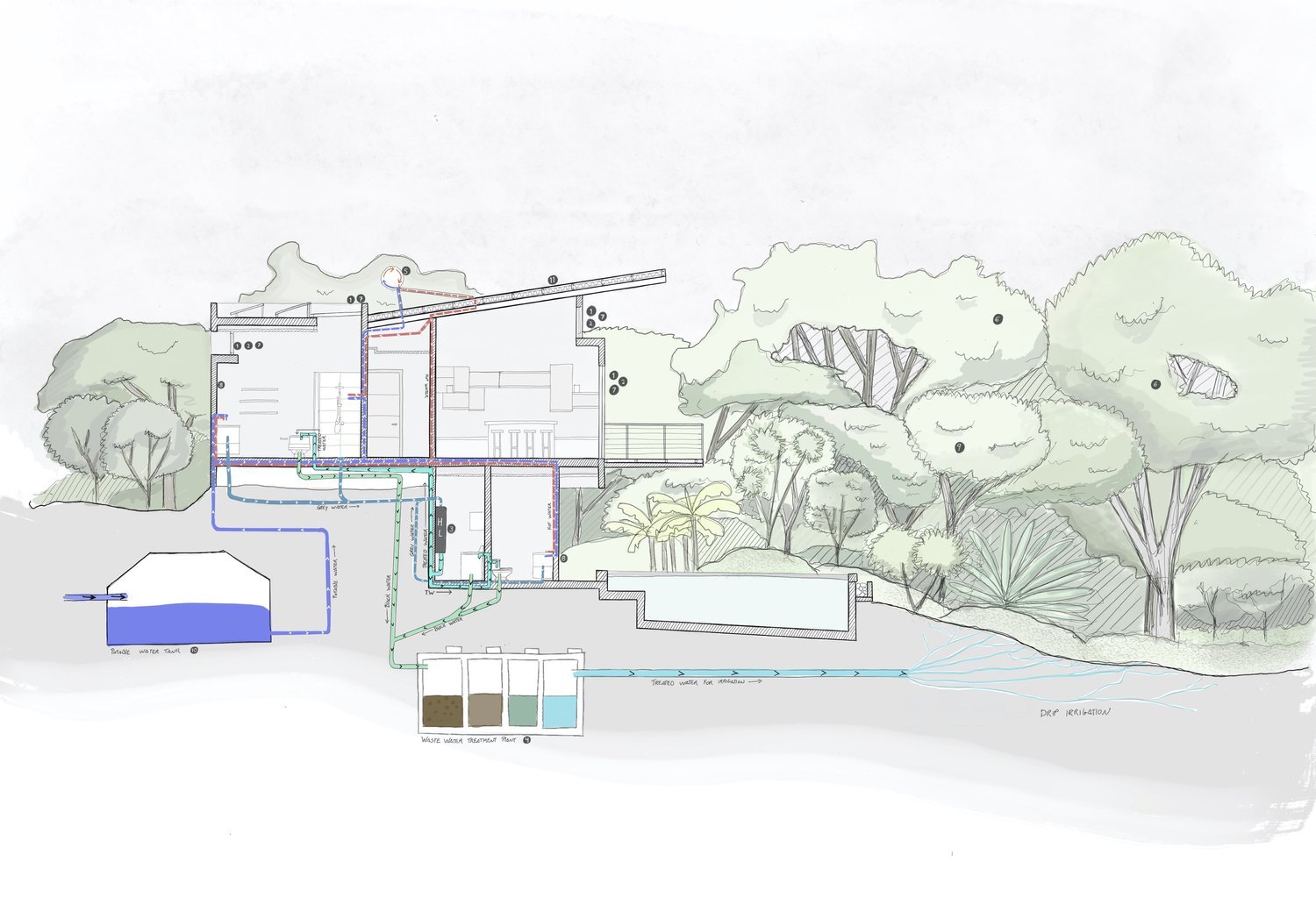Not all water is created equal
José, from our Energy and Sustainability team, shared the first internal Sustainability Workshop in which he shared with us the types of water and how we can improve its use and conservation.
Here is a guide to keep handy:
Natural water cycle 〰️
To understand the difference between waters we must first understand the natural water cycle:
It starts with precipitation, which can be intercepted by vegetation or reach the surface directly.
Part of this water infiltrates into the soil, contributing to soil moisture and groundwater storage, while another part flows over the surface into streams.
Through processes such as evaporation and plant transpiration, the water returns to the atmosphere, completing the cycle.
This process is fundamental for the regulation of water in ecosystems and its availability for living beings.
Water cycle guide
By understanding the natural water cycle, we can see that not all water is created equal. The following diagram explains the differences in these types and qualities of water and a guide on how to reuse it as many times as possible through cycles.
Looks like you are too early, SPHERA is currently translating this image for your use. Come back in a minute to check it out.
Types of water and its origin 💧
Potable: It comes from aquifers, aqueducts and municipalities. It is the safest for human consumption, but also the one that requires more energy for its treatment.
Rainwater: It is collected from rivers, roofs and soil. It can be used for some activities, although its quality varies.
Graywater: It comes from showers and sinks. It can be reused in certain applications after adequate treatment.
Black: It comes from toilets, kitchens and workshops. It is the most polluted and difficult to treat.
[💡Always divide water by quality. Example: mixing rainwater and greywater degrades water quality].
Actions for responsible water use
It is important to understand that water requires more energy to: clean it, filter it and move it to the houses/buildings. That is why it is important in projects to always identify:
+ the needs
+ the nearest water sources
At SPHERA we are aware and take responsibility that every drop counts. Avoiding water waste helps to reduce consumption in daily activities and this makes a difference. We recommend:
Don't waste water: Cleaning water requires more energy to filter and move. The less water, the less energy.
Close water cycles: Reuse water whenever possible, such as using gray water for irrigation or cleaning.
We invite you to read our blog, the Surf Simply project, to see how water management strategies were adapted in a hotel. 💧
Let’s continue the conversation: like, share or reach out directly.



